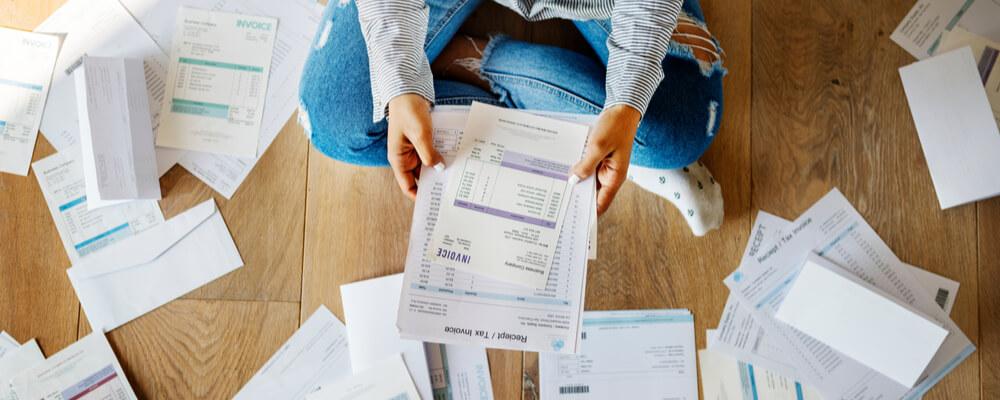U.S. Bankruptcy and Tax Debt Lawyers

Attorneys Helping Stop IRS Garnishment and Address Tax Debts Throughout the United States
Debt can be a serious problem that affects many different parts of a person's life. When debts go unpaid, creditors may use a variety of methods to collect the amounts owed, and debtors may have multiple options for debt relief, including negotiating loan modifications or filing for bankruptcy. However, when addressing tax debts with the Internal Revenue Service (IRS) or a state or local government, debtors will often have less flexibility, and the taxes that are owed will usually need to be paid in full. In some cases where a person owes back taxes, the IRS will take measures to garnish their wages. While this can create a significant financial burden, a taxpayer may be able to take legal action to stop this garnishment and find other ways to pay off the amount owed.
Stopping Garnishment Through an Automatic Stay
When a debtor files for bankruptcy, an automatic stay goes into effect that stops all collection actions by creditors. This includes wage garnishment by the IRS or other organizations. The automatic stay will be in effect while the bankruptcy case is ongoing. While the IRS cannot attempt to collect tax debts during the stay, it may assess the amount of taxes owed, such as by performing an audit. Once the bankruptcy case is completed, the IRS may resume collection actions.
Can Tax Debts Be Discharged Through Bankruptcy?
In many cases, debtors will pursue Chapter 7 bankruptcy, which will allow them to discharge or eliminate the debts they owe after certain types of property are liquidated. In most cases, tax debts cannot be discharged. However, there are certain types of tax debts that are dischargeable, and these debts must meet the following criteria:
- The taxes owed must be income taxes on the wages a person has earned or the revenue generated by a business. Property taxes, inheritance taxes, or gift taxes cannot be discharged.
- The taxes must have been due at least three years before the debtor filed for bankruptcy.
- Tax returns that include the tax debts must have been filed at least two years prior to filing for bankruptcy, and they must have been filed on time.
- The IRS's assessment of the taxes owed by the taxpayer must have occurred at least 240 days (around eight months) before the bankruptcy filing.
If tax debts cannot be discharged through Chapter 7 bankruptcy, a debtor may be able to use Chapter 13 bankruptcy to address these and other debts. In this type of bankruptcy, a payment plan is created in which a debtor will repay some or all of their debts over a period of three to five years. Tax debts may be included in this plan, and they must be paid in full. Once the repayment plan is completed, the tax debts will have been repaid, and any remaining unsecured debts included in the plan will be discharged.
Contact a U.S. Bankruptcy Attorney for Legal Help
Debtors who are struggling to make ongoing payments or whose wages have been garnished by the IRS or other creditors will want to work with a bankruptcy lawyer to understand their options. In addition to determining whether back taxes and other debts can be discharged and ensuring that all steps are followed correctly during the bankruptcy process, an attorney can help negotiate agreements with the IRS to repay back taxes. In some cases, a taxpayer may qualify for an offer in compromise, in which they will pay some of the amount owed and have the rest of the debt forgiven. A taxpayer may also be able to create an installment plan in which they pay off their tax debts over time. A skilled attorney can help debtors determine which combination of options will allow them to address their debts effectively and regain financial stability.











